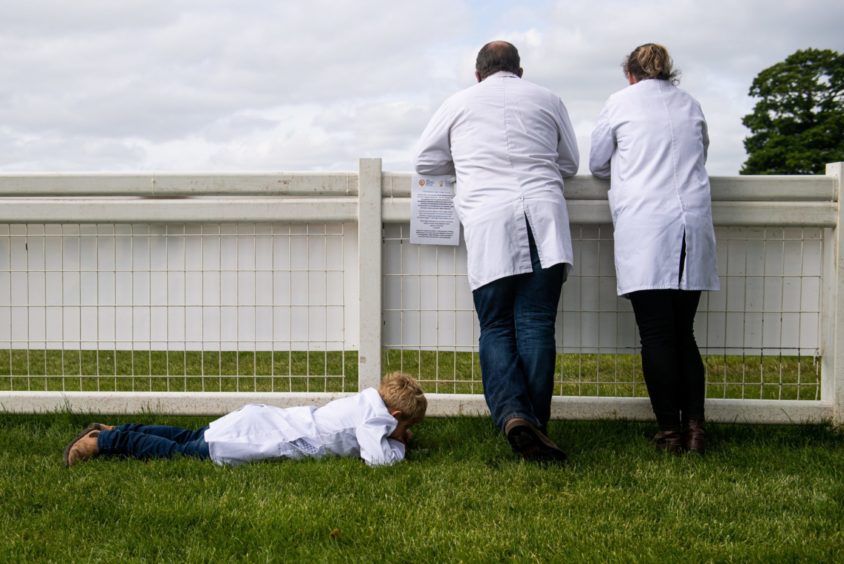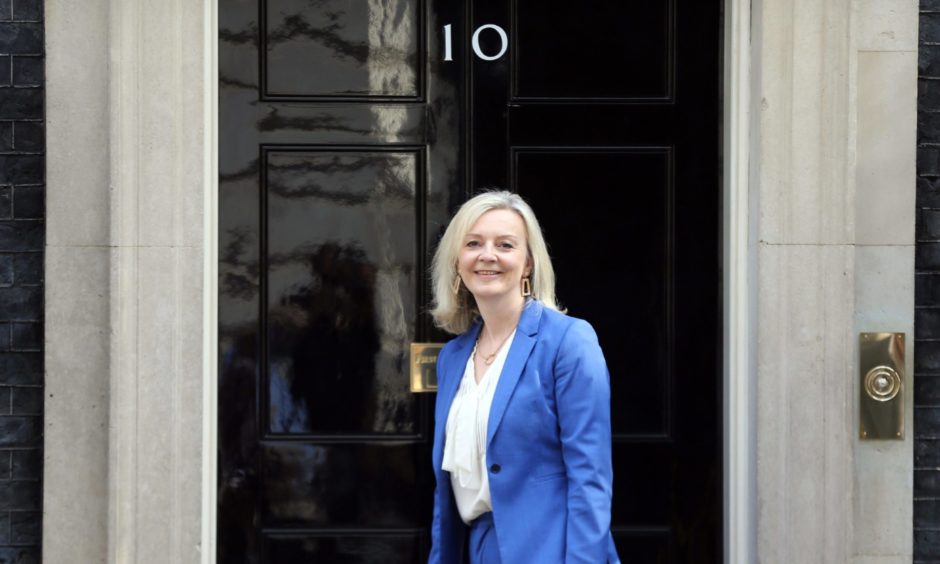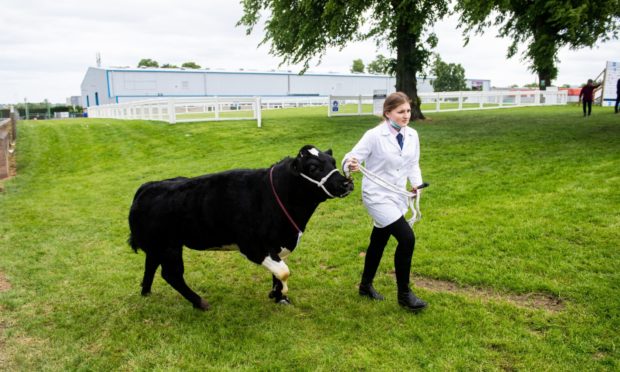The roar of a solitary bull echoed round a near-empty Highland Hall at Ingliston this week, even as the ink was drying on the UK’s trade deal with Australia.
It was a haunting sound in a building that in normal times is the beating heart of every Royal Highland Show; bustling, boisterous and bursting at the seams with the best of pedigree beef.
Yet it summed up the overriding mood on the desolate showground, where exhibitors had loyally turned out to support ambitious efforts to uplift the industry only to discover how soulless the experience was without the handshakes, bars and – above all – the buzz of spectators.

There was no opportunity either to sit and chew over the implications of the Australian trade deal for Scottish livestock farmers which have made headlines across the world; no briefings from anxious industry leaders or obligatory photo opportunities for attending politicians – which in this of all weeks was undoubtedly a blessing for the Tories.
New Rural Affairs Secretary Mairi Gougeon was the exception to the essential visits only rule, probably because the Scottish Government backed the showcase to the tune of £750,000. She used her fleeting presence to wave the flag for environmental issues, tree planting and a future agricultural policy that will reward healthy ecosystems and the industry’s efforts to meet the government’s net-zero emissions targets.
Climate change
It’s important stuff, of course, and increasingly farmers have been getting on board with measures that not only help with climate change mitigation, but which also improve soils and make them better land managers.
But the industry can be forgiven for asking what’s the point of producing high-welfare cattle with lower methane emissions or tinkering with herbs in field margins if we’re going to be hauling in food from 10,000 miles away, particularly when, in many cases, it wouldn’t meet UK production standards.
Hearing Liz Truss dismiss the industry as defeatist in light of the deal really rubbed noses in it. Sure, farmers could compete with the Australians if the clock was turned back to the bad old days of intensification, overreliance on chemicals and lower animal welfare or ecological standards – but it’s not what governments or consumers or most farmers say they want.

The organisers of this week’s showcase report tens of thousands of people logging on to watch the judging of some outstanding stock, and if that has given the farming industry a boost then it has been a successful and worthwhile experiment.
But walking through a near-empty Ingliston showground was a poignant insight into how much the country stands to lose if Scotland’s farming industry is failed.










